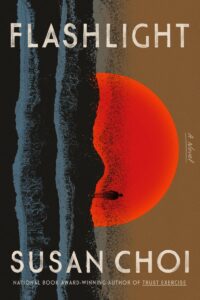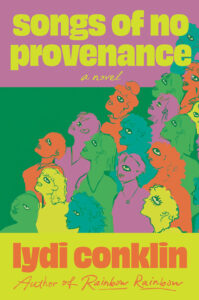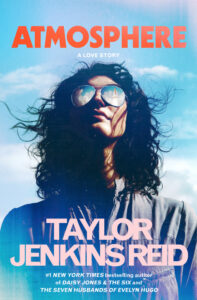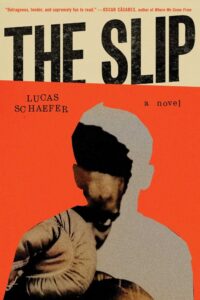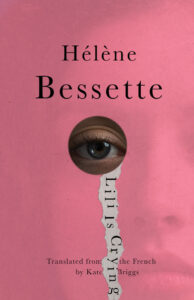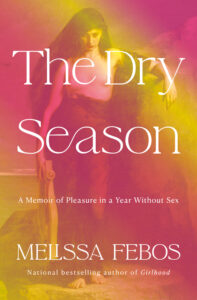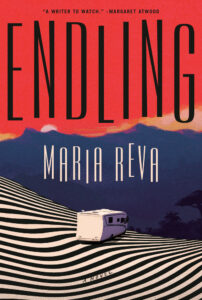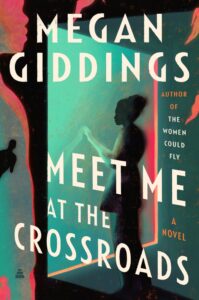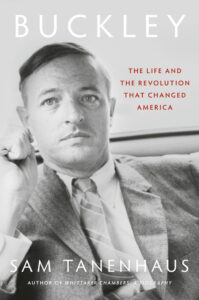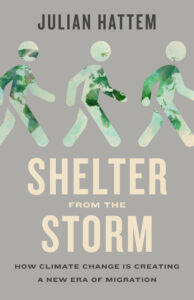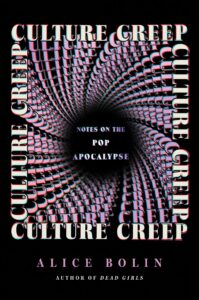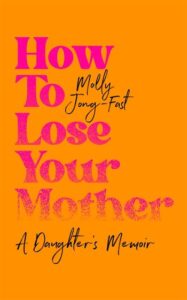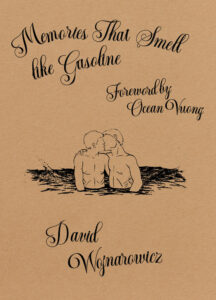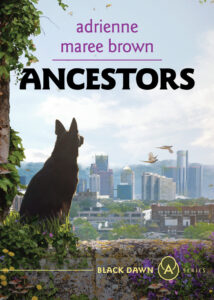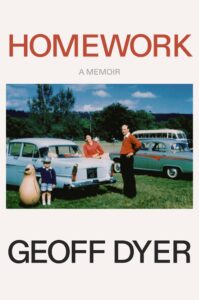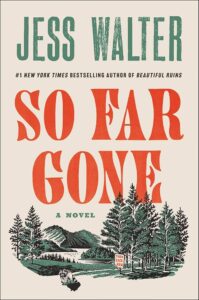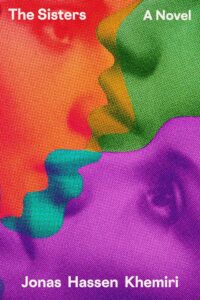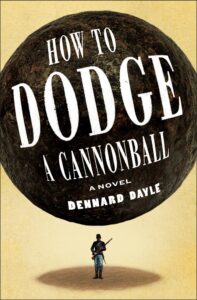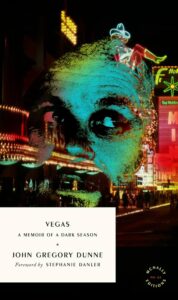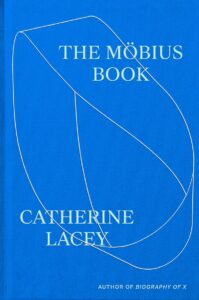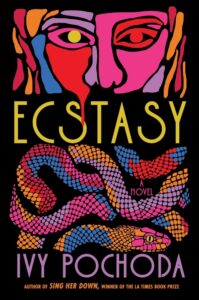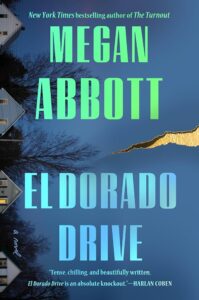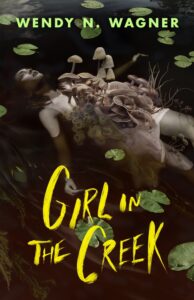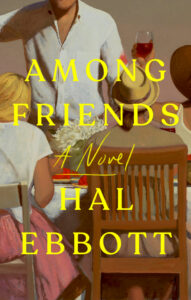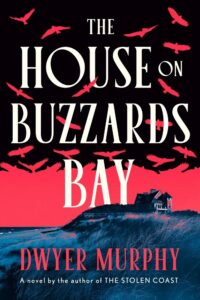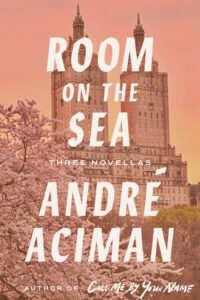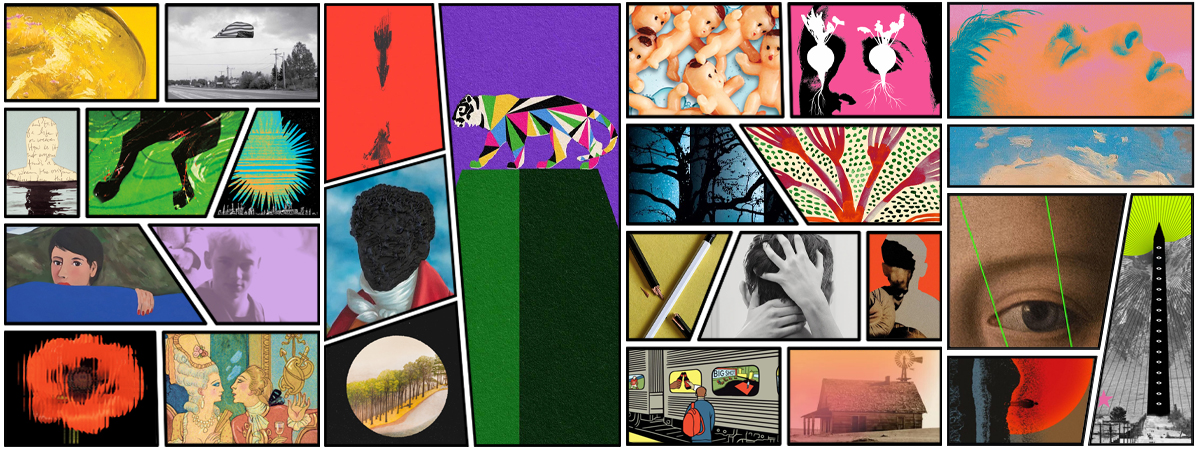
Lit Hub’s Most Anticipated Books of 2025
291 Books We're Looking Forward to in the New Year
JUNE
Susan Choi, Flashlight
FSG, June 3
Alarm emoji, alarm emoji, new Susan Choi. The latest from the author of Trust Exercise considers the fallout from one fateful night: when ten-year-old Louisa is walking on the beach with her father. He disappears, but she does not. What is the truth? I’d follow Choi anywhere, so I am looking forward to finding out. –ET
Lydi Conklin, Songs of No Provenance
Catapult, June 3
An indie folk musician flees a disastrous gig and winds up teaching at a writing camp for teens in Virginia, where she’s able to interrogate her own relationship to artmaking even as she teaches art to these kids. I loved Conklin’s Rainbow Rainbow and breaking down toxic structures in our artistic practices is necessary in order to let our art flourish—so I can’t wait to see what Conklin does with the subject. –DB
Taylor Jenkins Reid, Atmosphere: A Love Story
Ballantine, June 3
Taylor Jenkins Reid wrote an astronaut novel! An 80s space-shuttle astronaut novel! Bring me the distinctly different but well-blended pleasures of For All Mankind and Kathleen Alcott’s America Was Hard to Find in a Collins glass on the rocks: I cannot wait, it’ll be the official start of summer reading. I can imagine that there might be tragedy, and there will definitely be love, and if you aren’t excited about this, then I’m so sorry that a witch stole your ability to have fun or find joy in this often-merciless existence. –DB
Lucas Schaefer, The Slip
Simon & Schuster, June 3
“For readers of Jonathan Franzen and Nathan Hill comes a haymaker of an American novel about a missing teenage boy, cases of fluid and mistaken identity, and the transformative power of boxing.” Intrigued? Of course you are, and you should be. Lucas Schaefer’s big, bold, raunchy, tender, comic, philosophical, Austin-set boxing novel is also an unflinching examination of race and sex in America. It’s absolutely bursting with memorable characters and outrageous scenes, and the sentence level writing is nothing short of superb. Truly one of the most impressive debuts I’ve read in years, The Slip is a knockout. –DS
Hélène Bessette, tr. Kate Briggs, Lili Is Crying
New Directions, June 3
Bessette’s debut, 1953 novel turned her into a cult figure in France when it came out, praised for its unique, spare style, and incisive exploration of a mother and daughter’s troubled relationship. The book has never been published in English, and her experimental and darkly funny prose will no doubt find new devotees in translation. –JF
Melissa Febos, The Dry Season: A Memoir of Pleasure in a Year Without Sex
Knopf, June 3
Can you hear that? It’s the “New Melissa Febos!!!” alarm! It’s ringing so loud! You’re running to your local library to get a copy of The Dry Season so you can read about Febos’ year of celibacy and all the things that year taught her about herself! Hurry! You don’t want to miss this delicious memoir of sensuality and desire! It’s juicy and thoughtful and lovely! The alarm is sounding! –MC
Hala Alyan, I’ll Tell You When I’m Home
Avid Reader Press, June 3
Palestinian-American writer, poet, and clinical psychologist Alyan is the author of five acclaimed poetry collections as well as the novels The Arsonist’s City and Salt Houses, the latter of which won both the Dayton Literary Peace Prize and the Arab American Book Award. Alyan’s poetry and fiction are extraordinary, and her nonfiction work is every bit as powerful and moving. In this debut memoir, Alyan’s experience of suffering multiple miscarriages, and then choosing to embark upon motherhood via surrogacy, forces her to confront her own past and the legacy of her family’s exile and displacement. –DS
Yrsa Daley-Ward, The Catch
Norton, June 3
I am a simple man of simple pleasures. I love a cold war spy thriller; I love when a narrator is an unreliable, stone-cold freak; and I love when a character who is definitely, 100% dead is suddenly, possibly alive. The Catch is based on that last premise: two sisters, whose mother has passed, are suddenly confronted with a dead ringer for their dead mother alive and well in London. The sisters disagree on whether the woman is their mom or some kind of con artist. If the premise isn’t already compelling enough, Daley-Ward is an accomplished poet and PEN/Ackerley Prize-winning memoirist, which would make this novel her hat trick. –CK
Maria Reva, Endling
Doubleday, June 3
This debut novel from Ukrainian writer Maria Reva concerns the romance tour industry—in which Westerners arrive in Ukraine looking for compliant brides. There is also a rogue scientist, two sisters working undercover to find their protestor mother, and one rare snail named Lefty. But then Russia invades, and everything changes, including the book, which takes a metafictional, even autofictional turn. Pitched as being “in the absurdist literary tradition of George Saunders and Percival Everett,” this is one I’m very much looking out for. –ET
Megan Giddings, Meet Me at the Crossroads
Amistad, June 3
In the third novel from Megan Giddings (Lakewood, The Women Could Fly), twin sisters raised by separate parents—one a believer in the new religion, the one that sprang from the mysterious portals that appeared all over the world, the other not so much—step through a door together, with unexpected results. Bring me that good literary fantasy! –ET
Sam Tanenhaus, Buckley: The Life and the Revolution That Changed America
Random House, June 3
File this under “historical opposition research.” –CK
Julian Hattem, Shelter from the Storm: How Climate Change is Creating a New Era of Migration
The New Press, June 3
Climate change is fully here and it is not just about the weather. We are only at the beginning of what will be the largest human migration in the history of the planet as extreme weather will force hundreds of millions of people to leave their homes for more habitable countries. And as Hattem’s new book reveals it is already happening at an unprecedented scale, the toll of which we are only beginning to understand. –JD
Alice Bolin, Culture Creep: Notes on the Pop Apocalypse
Mariner, June 3
At last, a new book from Alice Bolin, author of Dead Girls: Essays on Surviving an American Obsession! Culture Creep takes on the ways femininity—and personhood—intersects with contemporary culture, from diet trackers to Animal Crossing. Bolin, writes Ling Ma, “traces the rot back to its sources, looking at the ways Millennials have been indoctrinated through our cultural consumption, and more worryingly, what exactly we’ve been indoctrinated into. I can think of no higher compliment than to state that this book re-framed my entire adolescence.” Oh no, and also: oh yes. –ET
Molly Jong-Fast, How to Lose Your Mother: A Daughter’s Memoir
Picador, June 24
Molly Jong-Fast is a great writer and sharp political analyst; she’s also the only child of Erica Jong, author of the feminist autobiographical novel Fear of Flying. This is a “delicious and despairing memoir about an intense mother–daughter relationship, a sometimes chaotic upbringing with a fame-hungry parent, and how that can really mess you up.” Gossip and the devastating intensity of mother-daughter relationships? Sign me up. –EF
David Wojnarowicz, Memories That Smell Like Gasoline
Nighboat Books, June 3
Wojnarowicz’s already impressive shadow seems to have grown longer over the past few years, thanks to recent reconsiderations of his work from writers like Olivia Laing. It’s moving, if maddening, that we keep uncovering new gifts from a visionary whose life was cut short by a callow administration. This forthcoming collection of sketches and stories is one such—and represents “a disavowal of the world that wanted him dead.” –BA
adrienne maree brown, Ancestors
AK Press, June 10
AK Press continues their Black Dawn line of speculative fiction with this trilogy-ender from superstar adrienne maree brown. If Grievers was a dark “things are collapsing” novel and Maroons a cautiously optimistic “how to rebuild” novel, this promises to be a “now is the time to hope” capstone—with all the complicated cross-currents that come with such a thing. If you’ve only read brown’s non-fiction, I urge you to check out her fiction, which sings in the keys of Butler and Le Guin. Stirring stuff to rouse the spirits in these dark days. –DB
Geoff Dyer, Homework: A Memoir
FSG, June 10
A new memoir of childhood from one of our most interesting writers, author of The Last Days of Roger Federer, Out of Sheer Rage, and Yoga for People Who Can’t Be Bothered to Do It, which traces his path to a life of letters. Dyer is always interesting, and this book should be no different. –ET
Jess Walter, So Far Gone
Harper, June 10
The latest novel from the bestselling author of Beautiful Ruins is about what happens when a man who has been off the grid for years is suddenly forced back into it, and finds himself on “a madcap journey through cultural lunacy and the rubble of a life he thought he’d left behind.” Sounds like good fun to me. –ET
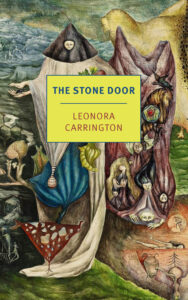 Leonora Carrington, The Stone Door
Leonora Carrington, The Stone Door
NYRB, June 17
Described as the layered intersection between an omen and an adventure story, this surrealist, folkloric novel is finally back in print thanks to NYRB. Carrington was one of the last to carry the initial flame of Surrealism, and The Stone Door is full of that artistic movement’s magic and experimentation: a young boy seeks to travel through time, open a massive door, and release his true love. A mythic and dreamy novel featuring the Zodiac, Kabbalah, and the land of the dead that any fans of wild, fantastical writing will enjoy. –JF
Jonas Hassen Khemiri, The Sisters
FSG, June 17
Khemiri’s novel is a big (600-page) family saga of the three Mikkolas sisters—their mother is a Tunisian carpet seller and their father a mysterious Swede who left them when they were young. Khemiri, who has published seven novels, said that the sisters “started speaking to him in English,” and so he wrote the novel in English—his first. (He then rewrote it in Swedish, where it’s already been published and has been a bestseller). Is the family cursed? Khemiri asks what stories we tell about ourselves, and if we can change the myth of our own identities. –EF
Dennard Dayle, How to Dodge a Cannonball
Henry Holt, June 17
Fans of short humor will know Dennard Dayle’s byline from his comedic work, and his new novel brings that sharp satirical eye to the Civil War era. His debut novel follows Anders, a white teen who joins the Union Army, only to defect, then defect again and end up in an all-Black regiment at Gettysburg. His military adventures take him all over, from New York’s draft riots to Nevada’s Native suppression, and along the way he meets soldiers, grifters, and shady arms dealers. A heightened examination of America, this funny historical novel puts Dayle’s comedic chops front and center. –JF
John Gregory Dunne, Vegas: A Memoir of a Dark Season
McNally Editions, June 17
Dunne’s account of a season spent on the Vegas Strip is a dark journey into the soul of American capitalism and it makes for just as harrowing a read fifty years after the fact. It’s deeply personal and utterly unsettling. –DM
Catherine Lacey, The Möbius Book
FSG, June 17
I’ve said it before and I’ll say it again: I’m nothing if not a Catherine Lacey stan. Her latest book is a hybrid work of fiction and nonfiction, a genre-bending work that traces her relationship with her ex partner and with her former religious faith. Lacey’s work always surprises me and offers something totally new. The Möbius Book is sure to be striking and singular. –MC
Ivy Pochoda, Ecstasy
Putnam, June 17
From the author of These Women and Sing Her Down, winner of the LA Times Book Prize, comes a modern horror retelling of a Greek tragedy, in which a woman oppressed by the men in her life finds herself lured away by a mysterious force. –ET
Megan Abbott, El Dorado Drive
Putnam, June 24
Abbott is one of the reigning queens of suspense and her latest promises to be another dark knockout, about a suburban pyramid scheme and the women wrapped up in it. I can’t wait to see what Abbott does with this slice of American capitalism and the dark things that the suburbs still hide. –DB
Wendy N Wagner, Girl in the Creek
Nightfire, June 24
Wagner, the editor-in-chief of Nightmare Magazine, delivers the eco-horror of my nightmares involving missing hikers, eerie fungi, dense forests, and a Pacific Northwest energy that absolutely screams Twin Peaks. Our climate is changing in unpredictable ways—a horror story in and of itself—but I cannot wait to see how Wagner takes those elements and puts them to chilling effect. –DB
Hal Ebbott, Among Friends
Riverhead, June 24
Some formulas just work. The comedy rule of threes. The five-act structure. A veteran criminal signing on to do one last job. Among these formulas is the kitchen-sink drama:
Step 1: Confine an ensemble of characters, all of whom have long histories with one another, in a home for a predetermined period of time.
Step 2: Add a secret.
Step 3: Reveal this secret at the worst time in the most damaging way possible.
Step 4: Shake. Serves eight.
Ebbott’s debut promises “two deeply intertwined families” spending a weekend at a house in upstate New York to celebrate someone’s birthday. How pleasant. I sure hope no one will reveal a horrible truth that disrupts their idyll along with the very foundation of their relationships! –CK
Dwyer Murphy, The House on Buzzards Bay
Viking, June 24
You can always count on CrimeReads Editor-in-Chief Dwyer Murphy for atmospheric, clever, and thoroughly engrossing novels, and I have no doubt that his latest—though the galley has not yet graced my desk—will be as good as I’ve come to expect. It concerns a group of middle-aged friends, brought back together for a reunion in the titular house on Buzzards Bay, all fun and games until one of them (the writer, of course) disappears. Then there are the mysterious break-ins in the town, the odd happenings in the house, the stranger at the door—yep, it’s a Dwyer Murphy novel, and I can’t wait to get my hands on it. –ET
André Aciman, Room on the Sea: Three Novellas
FSG, June 24
I’m always intrigued whenever an author writes in a style or format that they don’t typically attempt. A critic wrote a novel? A poet released some essays? A novelist wrote a libretto? Great, count me in. A writer trying their hand at an unusual-for-them form doesn’t guarantee that the work will be good, but it’s usually interesting, and oftentimes that’s enough. Aciman’s long and varied career means there isn’t much he hasn’t done and done well, but this appears to be his first novella collection(?), and for that reason alone I’m on board. –CK









